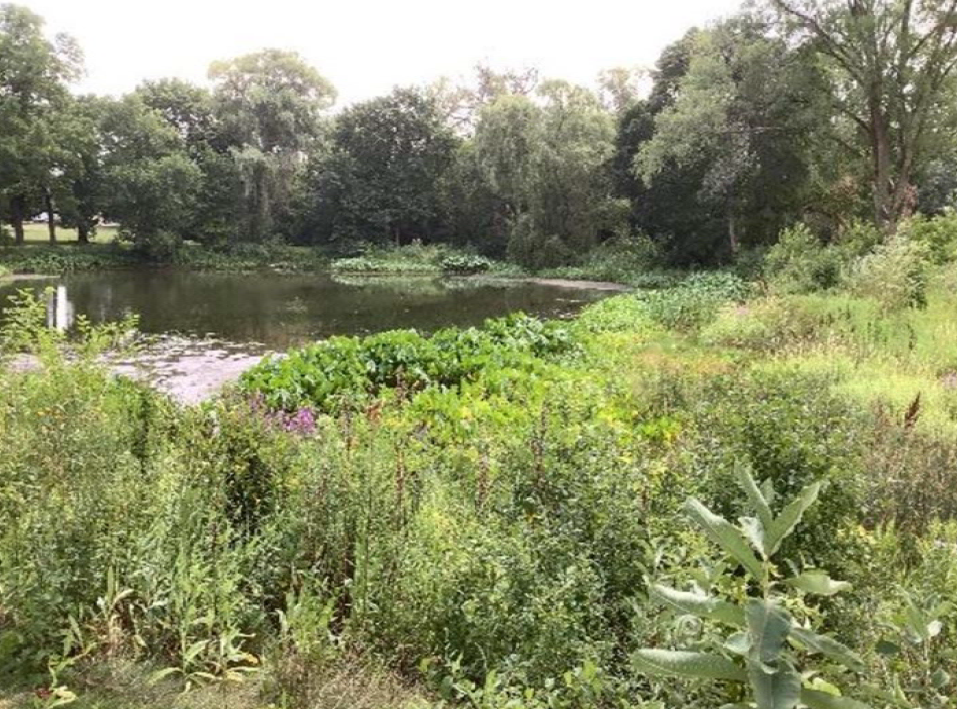The Wisconsin Department of Natural Resources (WDNR) administrative rule process for two common forms of perfluoroalkyl and polyfluoroalkyl substances (PFAS) has ended, resulting in new standards for drinking water and surface water. Learn about the new rules and procedures to prepare your community.
Are you considering filing an electric rate case with the Public Service Commission of Wisconsin (PSCW)? We have outlined the steps to both the municipal electric conventional rate case process as well as the processing of the submitted application.
If train horns are keeping your residents up at night, it might be time to establish a Railroad Quiet Zone in your community. Learn how a Quiet Zone can help improve your residents’ quality of life by reducing the noise pollution caused by train horns without posing a risk to public safety.
Hybrid and electric vehicle (EV) sales in the U.S. nearly doubled from 2020 to 2021. It’s safe to say that EVs are here to stay, and as their presence in your community increases, so will the demand for reliable charging infrastructure. Learn how local communities are preparing for EV growth and how the State of Wisconsin plans to expand EV infrastructure using unprecedented federal funding.
Municipalities are constantly balancing growing to-do lists with tight budgets and limited options for project funding. Learn how a long-range capital improvement plan (CIP) can help your community prioritize projects and build a foundation for your annual budget, eliminating the stress of selecting and funding projects ad-hoc.
Since the state of Wisconsin passed legislation that changed the standards for phosphorus in surface waters, wastewater treatment facilities (WWTFs) have been preparing for increasingly stringent effluent requirements for total phosphorus (TP). Phosphorus filtration can help your municipality significantly reduce its TP effluent concentration and comply with the updated TP effluent requirements. Learn about the various types of phosphorus filters available, how they work, and what the advantages and disadvantages are for each system, so you can make the right choice for your WWTF.
The Milwaukee Metropolitan Sewerage District (MMSD) recently partnered with District landowners to install green infrastructure devices through the Green Infrastructure Partnership Program. The program was established to help MMSD reach its goal to implement 10 million gallons of green infrastructure annually and achieve TMDL compliance. Learn how R/M helped the District make progress towards those goals through an efficient, streamlined green infrastructure inspection and maintenance program.
All applications for FFY 2023-2026 BIL funding through the STP, Local Bridge, and/or CMAQ Improvement Programs are due by 5:00 PM on Friday, June 3, 2022. Learn what your municipality needs to know to take advantage of the $1.3 billion in federal funding now available for WI transportation projects.
Ruekert & Mielke Inc. (R/M) is excited to announce that we’ve been named a Top Workplace by the Milwaukee Journal Sentinel for the fifth year in a row. R/M has grown in size and service offerings since our last Top Workplaces win, but our commitment to our employees and clients remains our top priority.
R/M's Elizabeth Brown was interviewed by the Waukesha County Business Alliance for their "Spotlight on the Trades" feature in their monthly magazine. She shares valuable insight on what it’s like working in the field and more.
They’ve worked on Alaskan fishing boats, are mostly split on the Beatles vs. the Rolling Stones, and they love the work they do. Get to know a little more about the incredible individuals who make up R/M’s Environmental Services Team.
Wisconsin municipalities have been forced to navigate restrictive limits on property tax increases for years, and because levy limit changes do not account for inflation, these levies will remain flat as inflation continues to grow. Learn how your municipality can use creative funding options to offset this financial burden and pay for the infrastructure improvements and services your community needs.
The City of Kenosha and R/M were named 2022 Engineering Excellence Award winners by the American Council of Engineering Companies of Wisconsin. Learn more about this award winning project and its positive impact on the City.
R/M is pleased to announce the appointment of Holly Breien, CPA, MPA, as Chief Financial Officer (CFO) effective March 2nd, 2022. Breien will succeed current CFO, Ken Williams, CPA, following his planned retirement after 33 years of service to the firm.
President Biden signed the Bipartisan Infrastructure Bill into law on November 15, 2021. This $1.2 trillion bill includes $550 billion in new spending over the next eight years, roughly doubling the impact of status-quo infrastructure funding levels. Learn how this new funding will impact your next municipal infrastructure project.
They’re the ones on-site, getting their boots dirty in the fields, next to the culverts, and by the roadside. Get to know a few members of our Field Services Team!
There’s an uptick in the number of municipalities, solar developers, and utility companies evaluating green space for the potential installation of ground-mounted solar energy projects. This growing interest is not surprising, as the community benefits of solar energy are far reaching. For municipalities, going solar can create opportunities for cost savings and community development, but how exactly does a municipality afford to “go solar?”
If you are planning a project that may disturb, alter, or fill a wetland, stream, pond, or shoreline, you will need a wetland delineation. Learn why conducting due diligence and completing preliminary environmental assessments early in the project planning phase can make or break your project’s timeline and budget.
The U.S Treasury released final guidance on how municipalities can use American Recovery Plan Act (ARPA) funds. Learn which additional infrastructure projects are eligible for ARPA funding under the final rule.
The US Treasury distributed the first allotment of American Rescue Plan Act (ARPA) funds in June of this year, however, many Wisconsin municipalities are taking a wait-and-see approach when it comes to allocating their payment. However, ARPA Legislation states that municipal relief funds must be allocated by December 2024, and early planning is paramount to getting your projects off the ground on time. Here are answers to the questions we’ve heard most often surrounding ARPA to help keep your planning process moving forward.





















